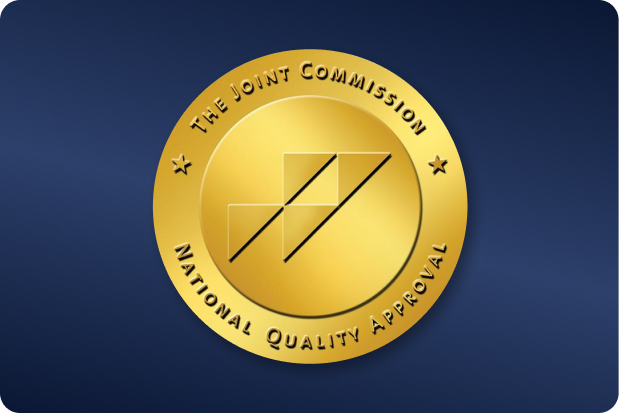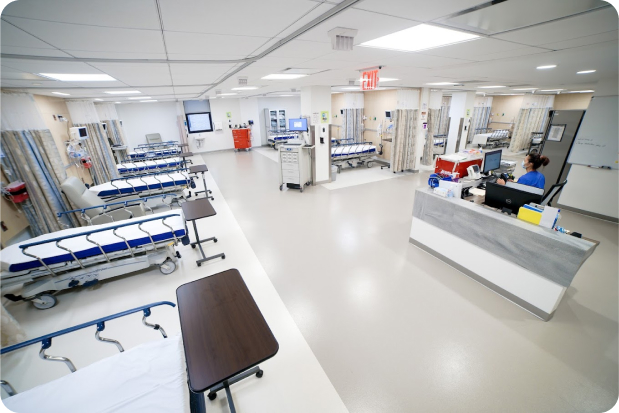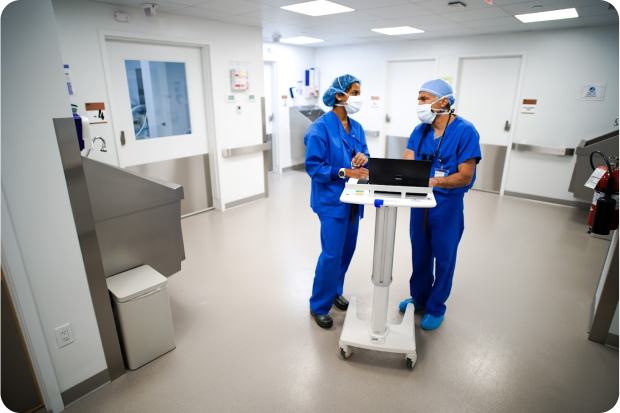 OUR LOCATIONS
Same-day Appointments Book OnlineCall to book 201.523.9590
OUR LOCATIONS
Same-day Appointments Book OnlineCall to book 201.523.9590
 OUR LOCATIONS
Same-day Appointments Book OnlineCall to book 201.523.9590
OUR LOCATIONS
Same-day Appointments Book OnlineCall to book 201.523.9590
Table of contents
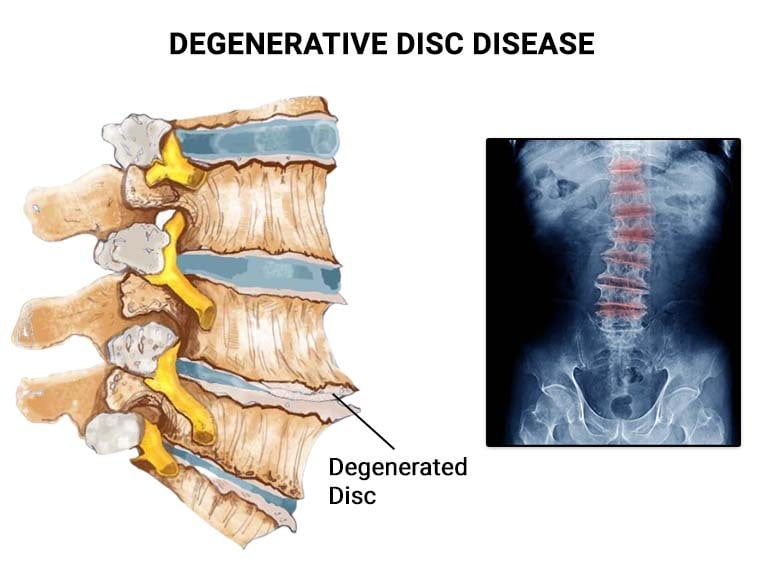
Your thoracic spine is composed of 12 vertebrae, stretching from just beneath your neck to the bottom of your rib cage. It’s considered your upper back and mid-back. The intervertebral discs consist of a tough outer casing with a soft inner core. These spinal discs provide cushioning between the bones of your spine, giving you the flexibility to move, bend and twist.
Degeneration disc disease can result as your vertebral discs gradually wear out over time. The disease can also result from an acute spinal injury. The wear and tear on your joints create a form of arthritis that tends to concentrate on your spinal cartilage.
While the reason your discs deteriorate over time is not well understood, it may result from a combination of factors, such as:
If you’re suffering from upper back pain that’s often associated with thoracic degenerative disc disease, seek medical attention from Dr. Amr Hosny and the other expert physicians at the Spine & Rehab Group. They have decades of experience treating patients like yourself with back pain and other spinal problems. With eight locations in New York City and northern New Jersey, there’s an office close to you.
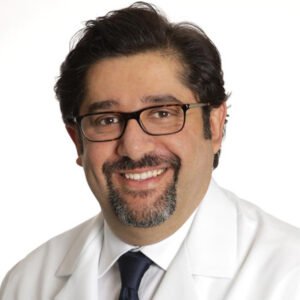 Amr Hosny, MD, MBA, FASA
Book Now
Amr Hosny, MD, MBA, FASA
Book Now
 David Chu, MD, FAAPMR
Book Now
David Chu, MD, FAAPMR
Book Now
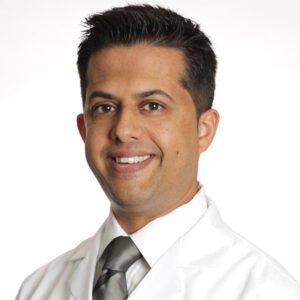 Vivek Mehta, MD, FAAPMR
Book Now
Vivek Mehta, MD, FAAPMR
Book Now
 Deepali Gupta, MD, DABA, DABPM
Book Now
Deepali Gupta, MD, DABA, DABPM
Book Now


If your degenerative disc disease has resulted from arthritis of the spine, you may not necessarily experience any symptoms. In this case, the damage to your spine has happened so slowly, you didn’t even notice. Severe cases of spinal arthritis usually do cause neck pain and pain in your shoulder blades. Advanced cases may even affect the nerves exiting your spine, causing tingling and numbing in your arms or fingers.
Pain concentrated in your neck and the muscles surrounding your neck is normally due to arthritis. When your neck becomes irritated, it can affect your nerves and radiate pain down through your hands. Sometimes, instead of pain, the numbness and tingling travel through a pinched nerve into your fingers. This is called paresthesia.
In rare instances, the pain and numbness can travel even further, reaching your:
The Spine & Rehab Center thoracic degenerative disc disease treatment that’s right for you depends on the severity of your symptoms. The medical practice specializes in non-invasive, minimally invasive and non-surgical treatments that emphasize pain management while addressing the root cause of your pain.
If you have a mild case of thoracic degenerative disc disease, you may not experience anything much: maybe just some mild pain and stiffness.
In this case, your doctor may prescribe nothing more than simple remedies, such as:
If your symptoms are more severe, your doctor reviews your medical history and examines you for signs of numbness. You may undergo some range of motion exercises to determine if you’re limited. In some instances, Dr. Hosny or his team may take x-rays of your spine to look for bone spurs or collapsed discs.
If mild treatments don’t help your symptoms or they worsen over time, you may be suffering from progressive nerve damage.
If your doctor suspects a pinched nerve, you may need more extensive diagnostic testing for your neck and back, including:
In the MRI and CT scans, your doctor gets a close look at the condition of your discs. The EMG and NCS tests check the muscles and nerves from your spine to your arms to verify that they’re carrying signals properly. These tests can often determine the exact location of your pinched nerve.
My mane is Philip Wayne Mahlke and I have been a patient of The Spine & Rehab Group for almost 4 years now. I have had four back surgeries and suffer with chronic back due to the surgeries and degenative disc disorder. Before see The Spine & Rehab Group the pain was so bad that I did not really do anything, even walking was difficult. But now with the care of The Spine & Rehab Group and the wonderful Doctor's and Staff I am able to do things once again. I highly recommend The Spine & Rehab Group to anyone with who suffers with chronic pain, they will help you!!! another thing that is outstanding about The Spine & Rehab Group is that when you call or visit the office you do not feel like just numbered patient, but you feel and know that they that they truly care for as and individual and person!!!
P. Wayne M. ★★★★★I experienced instant relief when I started to see Carol. I suffered from chronic lower back pain for about 3 yrs and recently diagnosed with tear in my disc. After having an acute episode, I sought out PT.
Over the 6 weeks, my pain steadily lessened and I was much more mobile. Carol and team also taught me how to properly stretch at home and tips on coping with situations that would trigger stiffness and pain.
The entire office staff is knowledgeable, helpful and very friendly. Highly recommended!
Orlena Y.Fortunately, 98 percent of disc problems improve without surgery. The pain management doctors at the Spine & Rehab Group rely on the latest medical technology, as well as the most advanced medical practices, to relieve your pain and begin your healing process. Your spine specialist focuses on what you need to get pain relief.
The treatment options available to you include:
The specialists at the Spine & Rehab Group want you to get well with the most conservative thoracic degenerative disc disease treatment possible. Contact the practice nearest you today to schedule an initial consultation and begin your journey to a healthier back and a happier life.
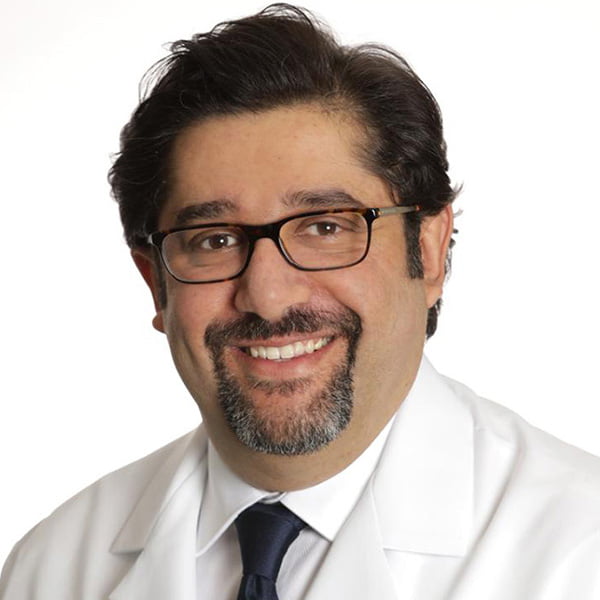
Dr. Hosny is a distinguished physician, educator, and healthcare leader with a commitment to advancing health equity and accessibility in the rapidly evolving landscape of modern healthcare. After completing his residency at St. Luke's Roosevelt Hospital Center, affiliated with Columbia University in New York City, he pursued an Interventional Spine Fellowship at Beth Israel Deaconess Medical Center, part of Harvard Medical School in Boston, MA.
Dr. Hosny has held prominent roles in academic medicine, including serving as an Associate Clinical Professor at New York Medical College and as the Interventional Spine Fellowship Program Director. These positions reflect his dedication to mentoring the next generation of healthcare professionals and advancing the field of interventional spine care.
More About Dr. HosnyThe Spine & Rehab Group
140 NJ-17,
Paramus, NJ 07652
(212) 242-8160
